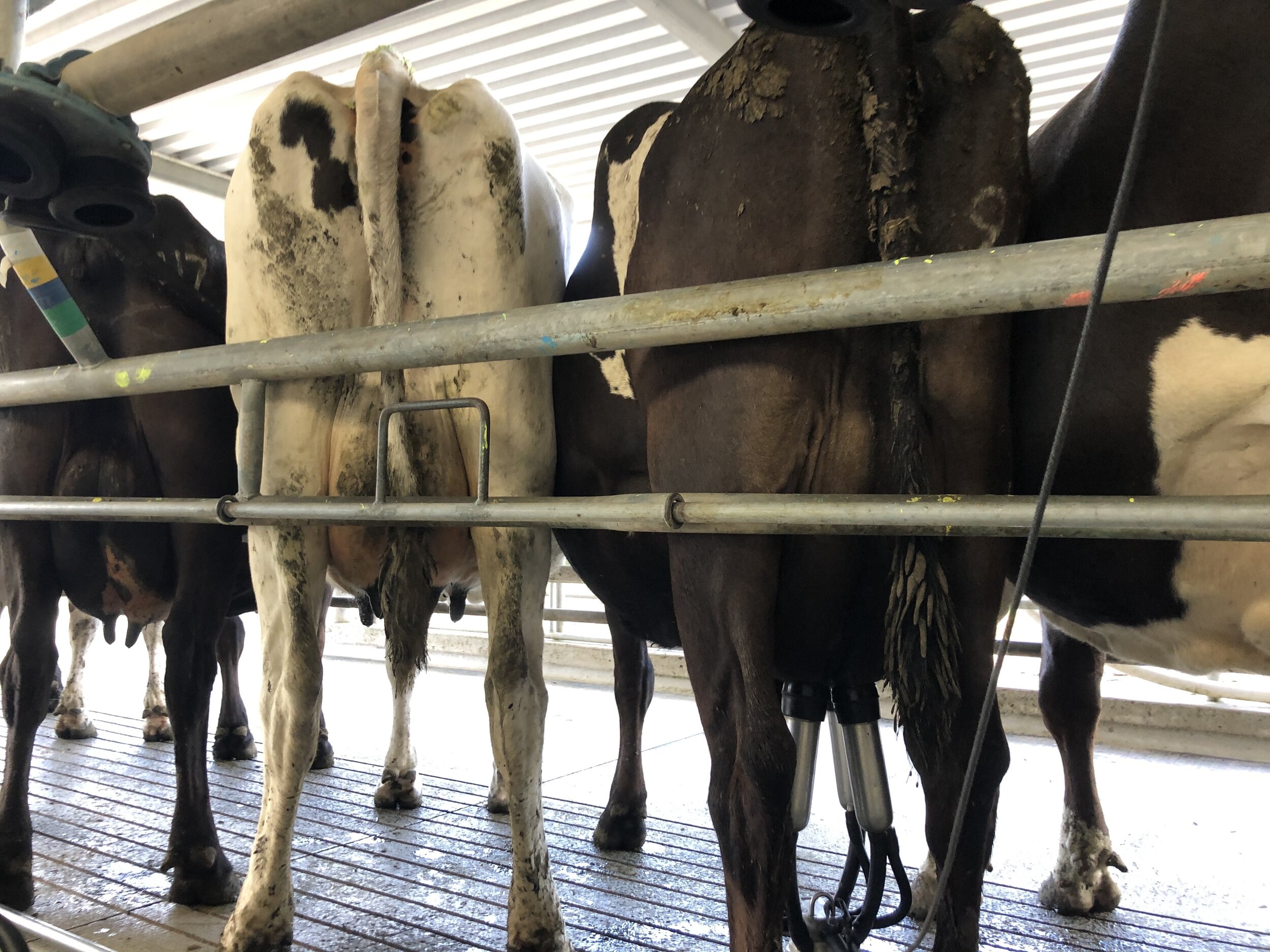Learnings From A New Zealand Dairy Farm
For the love of ice cream we should know where our food comes from
Jumping from a small scale permaculture farm to a dairy farm about two hours away in Waikato, New Zealand has been quite a change of pace. The difference in these farming operations are too numerous to count, but at the end of the day both farms make up important parts of our agri-food system.
It has been eye opening to get a peek into dairy in New Zealand and meet two amazing dairy farmers that are passionate about the work that they do. Despite many urban consumers' beliefs, the majority of farmers care deeply about land management and operating their farm in the best way possible.
Key Learnings and Insights from a Dairy Farm:
Data is the norm in New Zealand.
Agriculture at scale in New Zealand is incredibly different than the U.S.. New Zealand farmers are way ahead of farmers in the States on transparency and providing data to the co-ops they supply. This is largely driven by the requirements of the food and processing companies to submit information to abide by the Emissions Trading Scheme (ETS) in New Zealand. Different co-ops and food companies have built out apps and resources to make it easier for their farmers to submit information on their production practices. There is still a lot of work to make this process easier and more transparent for the farmer but I am impressed with the systems that are already in place.
New Zealand farmers produce a quality product.
There is a growing realization from New Zealand farmers that they are producing high quality products that can be marketed as premium products rather than just going into the commodity market. With the new Zero Emissions Bill, New Zealand farmers will not be able to compete on lowest price and producing mass quantities of product; however, the quality of meat and dairy they produce are top notch. I have been impressed by my conversations with farmers about how they are working to create a brand story around how they farm and find premium markets to sell into.
Actionable and achievable goals are important.
It has been a fascinating time to be having conversations with farmers across New Zealand after the Zero Emissions Bill was passed a couple of weeks ago. Many farmers are frustrated with being given targets to hit without any recommendation on how to actually achieve the goals put in front of them. There is a lot of work to be done around measuring emissions and putting forth pathways for farmers to meet the targets that the government has set. I foresee a lot of innovation that needs to happen WITH farmers not just FOR farmers. Too often policy changes and even product innovations in agriculture are developed without a true understanding of what is actually happening on the farm.
Understanding the ag-policy and history of a place is essential to understand how and why farms operate the way they do.
I have been amazed by just how different the agriculture system in New Zealand looks than in the U.S.. Agriculture policy, including agriculture subsidies and environmental policies have huge impacts in shaping what the agriculture system looks like. Since arriving in New Zealand I have started to dig deeper into how agriculture systems develop into what they look like today. So much of it is place based. For people that want to see drastic change in the way farming is done, it is unfair to just look at farmers. We have to look at policy and consumer trends to help shape how farmers farm and put tools and actionable goals in place to make change happen.
The insights that I have gained this week go beyond just learning about dairy farming. It has been incredibly insightful to spend a week having dinner conversations about everything from the price of food to farm policy. My conversations and insights from this week reaffirmed the reason I am doing this journey. It is all about talking to people with different perspectives and gaining a more holistic view of our agri-food system.





